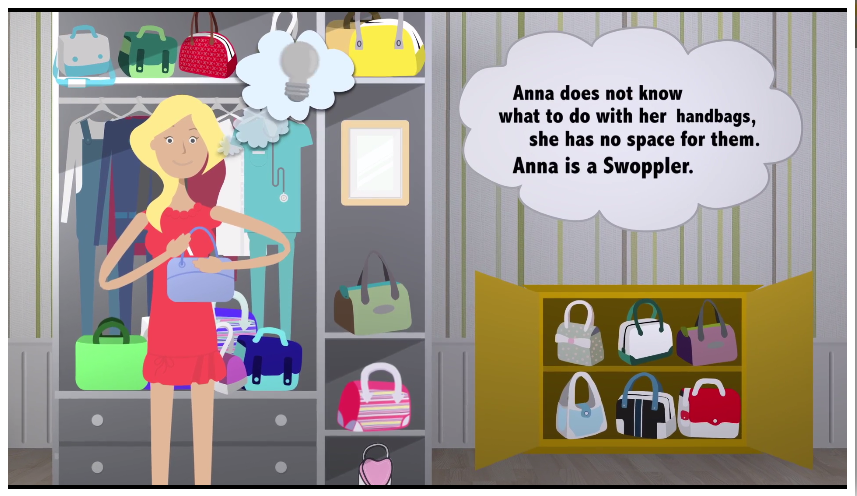By Lewis Fein
If you seek the social activity that best fits the power of social media, look to the past so you may see the future: Look to the timeless practice of bartering, or the rise of the “Sharing Economy,” in which technology allows people the world over to exchange goods and services without using money; look at the opportunity the Web offers to make this exercise an international enterprise, strengthened by the urgency of social media and popularized with the publication of every post and tweet concerning this spontaneous phenomenon; look to a revival of classic values – look to the everlasting virtues of trading with trust – that can be as intimate as they are immediate.
Think, in other words, globally, but act locally. Take the advantages of online bartering, and apply them to your actual neighborhood.
For example: The most effective way to trade with trust is to eliminate the distance of geography, the limitations that force people to rely on reviews and ratings of this or that trader, who is hundreds of miles away or thousands of miles elsewhere in, respectively, another county, city or state, or a different country entirely.
In that circumstance, despite the chance to have a video chat and enjoy the pleasantries of conversation, separation nonetheless breeds discontent; meaning, the inability to meet outside the virtual realm of Skype or Google Chat weakens the trust factor.
How can I judge the credibility of a five-star review, or question the authenticity (and motive) of a user who posts a scathing comment about another member, when I must make a leap of faith – when I must forgo trust, and hope and pray instead – that all will be well?
That is the principal vulnerability of the Sharing Economy.
I write these words from experience because, as the Director of Marketing and Media Relations for Swoppler, a soon-to-debut online site and mobile application that enables individuals to showcase (and assign a corresponding worth to) all manner of personal possessions and professional skills, trading with trust starts locally and spreads globally.
A great meeting with our newest #Swoppler interns. #TradeWithTrust and #Barter with ease @ https://t.co/eaTzXmrBsQ pic.twitter.com/4wb7FhLHUK
— Swoppler Inc. (@Swoppler) November 23, 2015
Picture a community within a community like a section of Park Slope, Brooklyn, or a stretch of high-rise buildings along Wilshire Boulevard in Los Angeles, California, where residents may come together to “swop” their various wares.
The same scenario applies to a self-contained college or university campus; which is to say, when closeness triumphs over distance – when proximity translates into familiarity of place – it is much easier to trade with trust, if the person on the other side of that smartphone or tablet lives or works in your neighborhood.
You can use social media to socialize – in the real world.
From there, a single community can be the hub that attracts distinct communities of tutors or teachers, or gamers or hobbyists, or caterers or chefs, or owners of household tools or manufacturing equipment.
Social media is the digital corollary to this offline zone of zip codes, boroughs, townships, suburbs and cities.
It is the online park – the communal green, with more than 300 pixels per inch – where the dialogue of trust, and discussions about the commerce of trade, may continue.
It is the medium for the newest part of the New Economy.
—
Lewis Fein is a media relations consultant, focusing on branding as storytelling, content marketing and sundry promotions. You may follow him at Medium.com/@WaldenBromley
Main image credit: Swoppler




One Comment
Comments are closed.